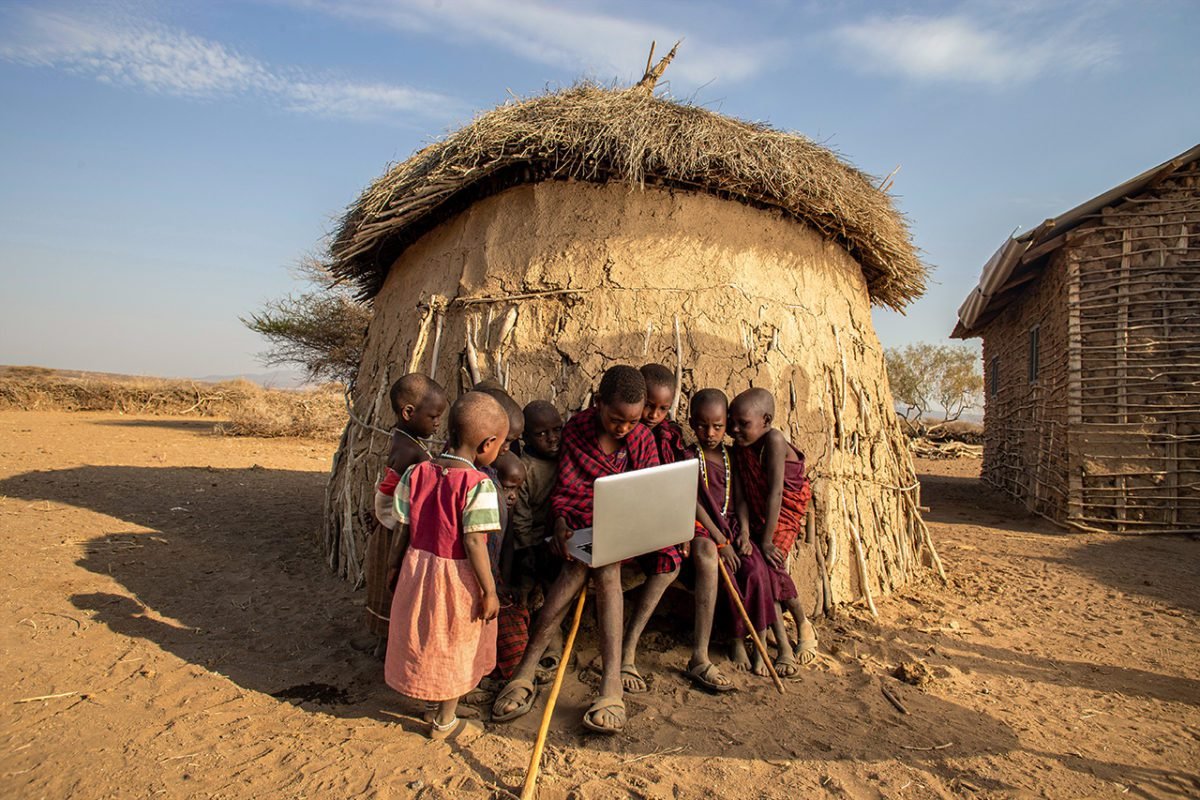Sun & Profits: Harnessing Solar Power For A Sustainable Africa

Executive Summary

Africa, a continent blessed with abundant sunshine, has the potential to become a global leader in solar energy. By embracing solar power, African nations can not only reduce their reliance on fossil fuels but also create sustainable economic growth and improve the lives of their citizens. This article explores the multifaceted benefits of solar power for Africa, examining key subtopics such as environmental sustainability, energy security, economic development, job creation, and poverty reduction. By investing in solar power, African nations can unlock a brighter future for their people and the planet.

Introduction
Solar energy, the radiant energy emitted by the sun, offers a clean, sustainable, and cost-effective solution to Africa’s energy challenges. With its vast expanses of land and high levels of solar insolation, Africa has the potential to become a solar powerhouse, meeting its energy needs and contributing to global efforts to combat climate change.
FAQs
-
What are the main benefits of solar power for Africa?
Answer: Environmental sustainability, energy security, economic development, job creation, and poverty reduction. -
Can solar power fully meet Africa’s energy needs?
Answer: With appropriate investment and infrastructure, solar power can contribute significantly to meeting Africa’s energy needs, although a diverse energy mix may still be necessary. -
What are the challenges to developing solar power in Africa?
Answer: Challenges include high upfront investment costs, limited technical expertise, and a lack of supporting infrastructure.
Environmental Sustainability
Solar power is a renewable, environmentally friendly source of energy. By reducing reliance on fossil fuels, solar power can mitigate greenhouse gas emissions and combat climate change. Solar energy is clean and emission-free, preserving Africa’s air and water quality.
- Reduced Carbon Emissions: Solar power displaces fossil fuel-based electricity generation, reducing carbon dioxide emissions and mitigating climate change.
- No Air Pollution: Solar panels do not emit harmful pollutants like nitrogen oxides and sulfur dioxide, improving air quality and public health.
- Water Conservation: Solar power plants do not require water for cooling, conserving Africa’s scarce water resources.
Energy Security
Africa faces significant energy challenges, with many countries relying heavily on imported fossil fuels. Solar power offers a solution by providing a secure and reliable source of electricity. Solar energy is not subject to price fluctuations or supply disruptions, enhancing energy security and independence.
- Reduced Reliance on Fossil Fuels: Solar energy reduces dependency on imported fossil fuels, saving foreign exchange and reducing vulnerability to price volatility.
- Decentralized Power Generation: Solar power plants can be installed in rural and remote areas, providing electricity to communities that are not connected to the grid.
- Improved Grid Stability: Solar power can complement other renewable energy sources like wind and hydropower, enhancing grid stability and reducing the risk of blackouts.
Economic Development
Solar power can stimulate economic development in Africa by creating new industries, jobs, and investment opportunities. The development of solar power projects attracts investment, creates employment, and supports local businesses. Solar energy can also boost tourism by providing reliable electricity for businesses and infrastructure.
- Job Creation: Solar power projects generate jobs in installation, maintenance, and manufacturing, creating new economic opportunities.
- Local Manufacturing and Supply Chain: The development of solar power can lead to the establishment of local manufacturing and supply chain industries, reducing reliance on imports.
- Increased Tourism: Reliable electricity from solar power can support tourism, attracting visitors to national parks, cultural sites, and other attractions.
Job Creation
The development of solar power in Africa can create numerous employment opportunities. The installation, operation, and maintenance of solar power plants require skilled technicians, engineers, and other professionals. Additionally, the growth of the solar industry can stimulate job creation in related fields such as manufacturing and supply chain logistics.
- High-Skilled Labor: The solar industry requires highly skilled technicians and engineers for installation, maintenance, and research and development.
- Technical and Vocational Training: The development of solar power can drive the establishment of technical and vocational training programs to develop the necessary workforce.
- Job Opportunities for Women: The solar industry can provide job opportunities for women, who are often underrepresented in traditional energy sectors.
Poverty Reduction
Access to reliable electricity is essential for poverty reduction in Africa. Solar power can bring electricity to rural and remote communities, empowering households and businesses to improve their livelihoods. Solar technologies can provide lighting, cooking, and heating, reducing the need for expensive and polluting fuels.
- Improved Healthcare: Solar power can provide electricity for healthcare facilities, improving access to essential medical services and saving lives.
- Education and Literacy: Reliable electricity from solar power enables children to study at night and access educational resources, improving literacy rates.
- Increased Economic Opportunities: Access to electricity empowers businesses and entrepreneurs, creating opportunities for economic growth and poverty reduction.
Conclusion
Solar power has the transformative potential to empower Africa and drive sustainable development. By embracing solar energy, African nations can mitigate climate change, enhance energy security, spur economic growth, create jobs, and alleviate poverty. The benefits of solar power are multifaceted and far-reaching, offering a pathway to a brighter future for the continent and its people.
Keyword Tags
- Solar power in Africa
- Environmental sustainability
- Energy security
- Economic development
- Poverty reduction






